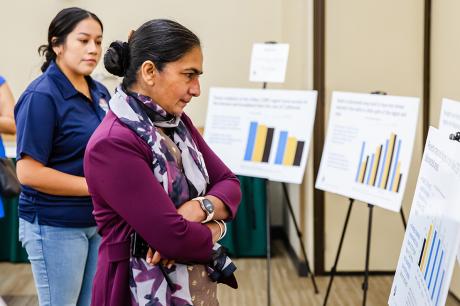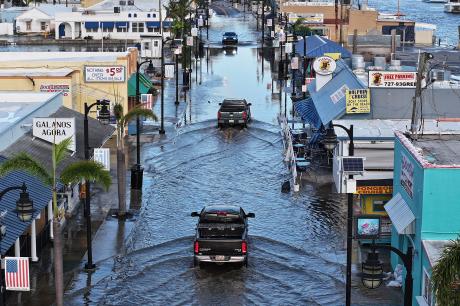Articles and analysis on today's issues

Federal cuts to the Supplemental Nutrition Assistance Program could cause some DC-area families to lose an average of $187 in monthly benefits.
Highway Pollution Near Multifamily Homes Hurts Residents, but Zoning and Transportation Reform Could Help New Urban research shows high-density housing in Los Angeles is disproportionately concentrated near high-traffic roads compared with single-family homes, exposing apartment residents to the adverse health effects of pollution.Community Perspectives Are Key to Building Climate Resilient, Equitable Regional Economies Often, top-down economic development plans apply broad-strokes solutions across diverse regions. Engaging those most affected by the changes helps build communities where everyone can benefit.Is Hospital Market Concentration Related to Medical Debt? When a hospital market lacks competition, consumers are more likely to struggle to pay medical bills.In the Face of Climate Change, Resilient Water Resources Are More Important Than Ever California’s Sierra San Joaquin region produces a significant amount of the nation’s food, but the water resources it relies upon are vulnerable. How can decisionmakers address the problem as climate change makes it worse?Local and Solidarity Economies Are Helping Some Regions Balance Economic Competitiveness with Equity and Climate Goals Examples from Arizona and Jackson, Mississippi, offer lessons for how local and regional actors can operationalize these frameworks to build more sustainable economies.Hurricane Milton Is Not an Isolated Event. Disaster Policy Should Reflect That. Although funding allocations will treat Hurricanes Milton and Helene as separate events, Florida residents are at risk of a challenging and longer recovery because of the two storms’ compounding effects.





